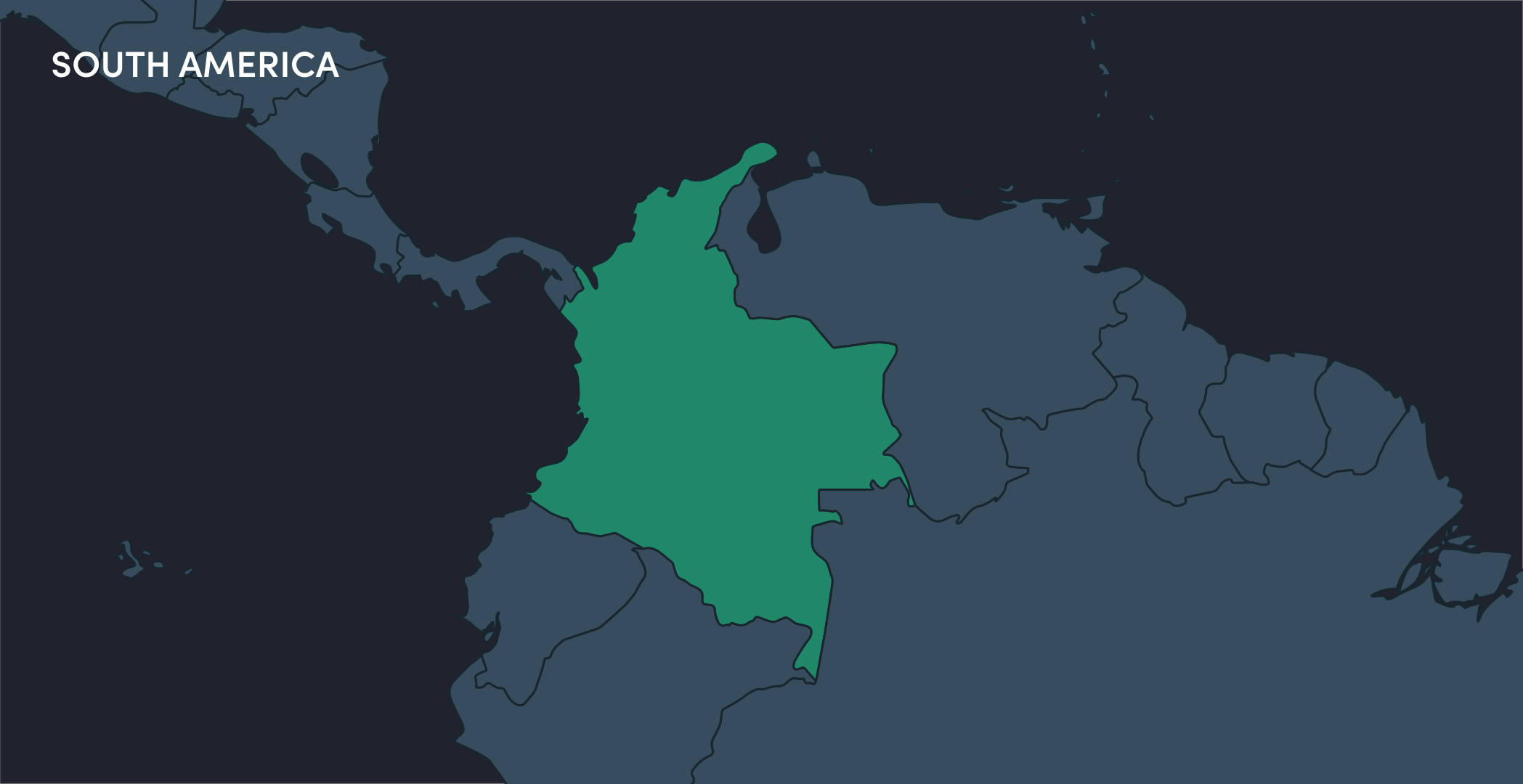A safe and nurturing environment is essential for the well-being and healthy development of children, especially in adverse settings. Research shows that poverty and community violence are risk factors that often co-occur and have a lasting effect on a child’s development, increasing stress that can impair brain development and damage the nervous and immune systems.
Children living in situations of chronic poverty and violence are at increased risk of physical and mental impacts related to toxic stress. In the Colombian region of Chocó, where serious challenges remain in the current post-conflict context, violence against children is common with 99.4% of caregivers reporting having used physical violence to discipline children.
In conflict settings, with extreme levels of poverty, unemployment, crime and violence, parent and caregiver support can play a crucial role in reducing the use of physical punishment against children, as illustrated by the International Child Development Programme (ICDP) in Colombia.

VIOLENCE AGAINST CHILDREN
Six months after the parenting program was complete, violence against children was reported to have decreased by 40.7%

MENTAL HEALTH ISSUES
The parenting programming helped to decrease mental health issues of parents and caregivers from 22.4% to 5.1%
High levels of violence in the community, logistical and administrative issues related to community poverty, and internet connection failures all added to challenges in achieving timely and standardized data collection.
In the caregiver survey, one of the questions had not been properly understood by the participants, requiring this data to be left out from the study. The might have been due to the lack of experience among the participants with using scales and to think in abstract terms. Future research in high-risk contexts should consider using scales with concrete, accessible language.
During the survey collection, many participants sent other family members to fill out questionnaires, which might be linked to poverty and violence-related issues. Future research should strive to reach the same respondents throughout the interview process so as not to lose data.
Recognizing that a child’s development is dependent on the caregivers, ICDP sensitizes families and communities to enhance their own ability to sustain the social, cultural, and environmental conditions necessary for the growth and development of children free of violence.
International Child Development Programme (ICDP) Colombia is a national ICDP branch that provides community-based caregiver training through locally trained ICDP facilitators. In Chocó, ICDP facilitators run weekly meetings for a period of 12 weeks that are open to all caregivers and meet at the community center. The initiative is activity-based in the sense that the participants have to carry out the actions themselves – through observations, self-evaluations and reporting back.
Understanding effective programs to protect children and families affected by violence is one of the most pressing challenges for the construction of a peaceful and equal post-conflict society in Colombia.
Sara Bensaude De Castro Friere, Senior Program Manager
The Evaluation Fund: Reducing Violence against Children
contact@theevaluationfund.org
To learn more about this project and its findings, please download our evidence brief.






